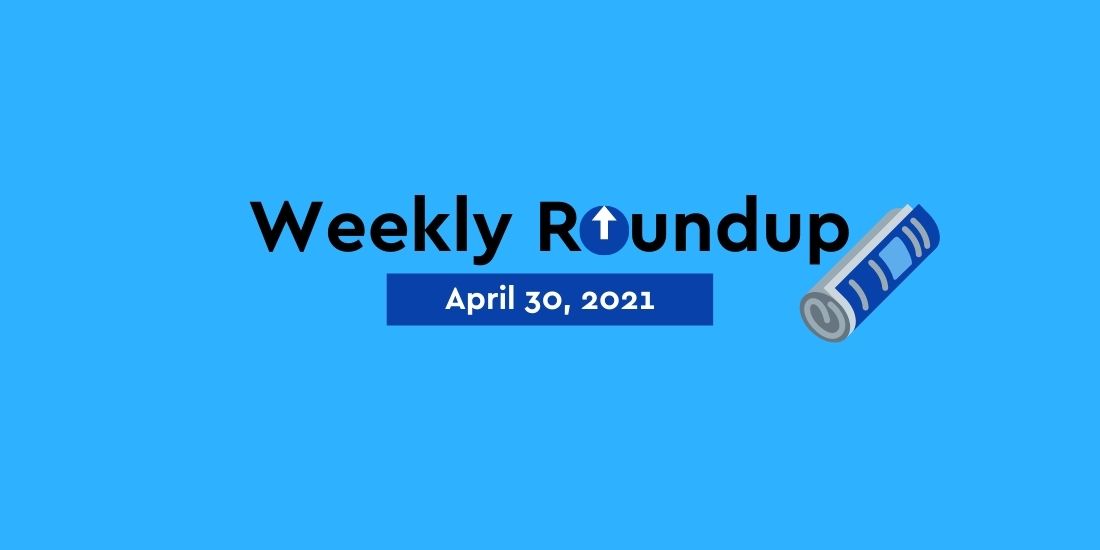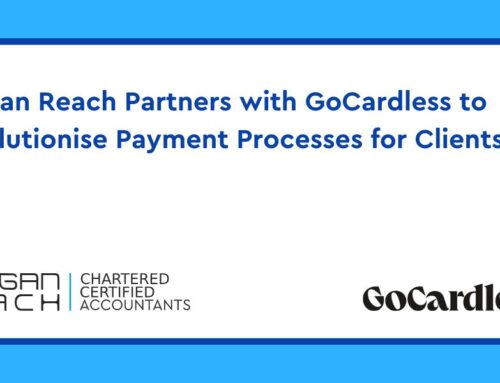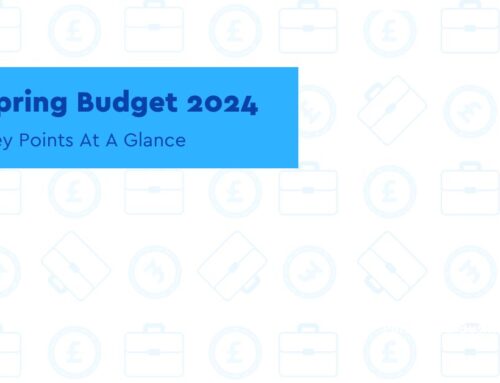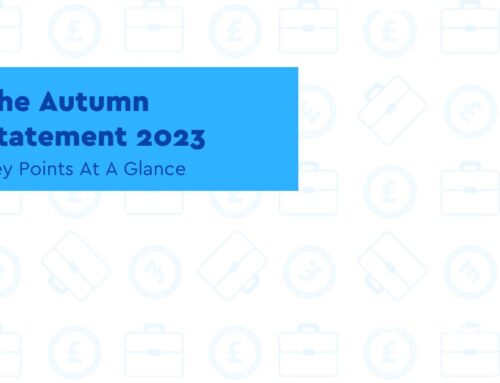HMRC’s new penalty regime

HMRC’s new points-based penalty regime for late submission and payment will start from April 1, 2022.
The late submission penalties will affect those who fail to meet their obligations to provide returns and other information requested by HMRC on time. Under the new regime, taxpayers will incur a penalty point for each missed submission deadline. At a certain threshold of points, a financial penalty of £200 will be charged and the taxpayer will be notified.
The penalty thresholds will be as follows:
| Submission frequency Penalty threshold | |
|---|---|
| Annual | 2 Points |
| Quarterly (including MTD for ITSA) | 4 Points |
| Monthly | 5 Points |
This new points-based regime is designed to be proportionate, penalising only the small minority who persistently miss their submission obligations rather than those who make occasional mistakes. The regime is designed for taxes with regular submission obligations.
The changes will apply to VAT customers for accounting periods beginning on or after April 1, 2022, to Income Tax Self-Assessment (ITSA) customers with business or property income over £10,000 per year (who are required to submit digital quarterly updates through Making Tax Digital (MTD) for ITSA) for accounting periods beginning on or after April 6, 2023, and to all other ITSA taxpayers for accounting periods beginning on or after for April 6, 2024.
The penalty scheme will be extended to all other ITSA taxpayers for accounting periods beginning on or after for April 6, 2024.
To prevent historic failures combining with occasional recent failures to cause a financial penalty, points will have a lifetime of two years; after which they will expire. This will be calculated from the month after the month in which the failure occurred.
CJRS claims for April

You can now submit CJRS claims for periods in April – these must be made by Friday, May 14.
You can claim before, during or after your payroll is processed. However, the government advises that it is better to make a claim, if you can, once you are certain the exact number of hours your employees will work. This will avoid you having to amend your claim at a later date.
You can check your eligibility and find out how much you can claim by using the government’s CJRS calculator.
Employers can apply online, and will need their Government Gateway user ID and password.
It’s important to note that you keep supporting records for the amount of CJRS grants claimed. You will need to have these if HMRC later carries out a check.
You must also pay all employees’ tax and National Insurance contributions, otherwise you will need to repay the entire CJRS grant to HMRC.
Changes to CJRS claims for variable pay from May
For periods from May 1, when calculating the average wages for employees who are not on a fixed salary, you should no longer includes period of:
- Statutory Sick Pay related leave
- Family related statutory leave
- Reduced rate paid leave following a period of Statutory Sick Pay or family related leave.
However, if your employee was on one of these types of leave for the entire period used to calculate their average wages, then you should continue to include the days and wages related to that leave.
For more information on variable pay calculations click here.
Repaying overclaimed SEISS grants

Self-employed individuals (including partnerships) who have overclaimed the Self Employed Income Support Scheme (SEISS) must pay back the overpayment to HMRC. The rules for repaying HMRC state that you must tell HMRC if you were not eligible to have claimed the grant.
You must tell HMRC if, when you made the claim, you were not eligible for the grant. For example:
- For the first or second grant, your business was not adversely affected
- For the third or fourth grant, your business had not been impacted by reduced activity, capacity or demand or inability to trade in the relevant periods
- You did not intend to continue to trade
- You’ve incorporated your business since April 5, 2018
If you have overclaimed you must tell HRMC within 90 days of receiving the grant or face additional penalties. If the amount in question is £100 or less then there is no requirement to notify HMRC or pay back any grant received.
You must also inform HMRC if there is an amendment to any of your tax returns on or after March 3, 2021 which either:
- Lowers the amount you’re eligible for
- Causes you to no longer be eligible
The fourth grant will provide support covering 80% of average trading profits, up to a maximum of £7,500 for those who meet the eligibility requirements.
Find out more on how to tell HMRC and pay the Self-Employment Income Support Scheme grant back by clicking here.
Tax credit recipients reminded to look out for renewal packs

HMRC announced on Tuesday that it would be sending out around 2.5 million annual renewals packs to tax credits customers from this week.
The packs will be sent out over the next 6 weeks and all customers should receive their pack by 4 June.
Many tax credits customers will have been affected by the pandemic and may have earned less money than in previous years. It is important that anyone who is eligible checks the details contained in their annual renewal pack are correct, including income details.
Renewing online is quick and easy. Individuals can log into GOV.UK to check on the progress of their renewal, to see that it is being processed and know when they will hear back from HMRC. You can also use the HMRC app on their smartphone to:
- Renew their tax credits
- Check their tax credits payments schedule
- Find out how much they have earned for the year
The deadline to renew tax credits is July 31, 2021. If individuals haven’t received their renewal pack by June 4, they will need to contact HMRC.
Circumstances that could affect tax credits payments include changes to:
- Living arrangements
- Childcare
- Working hours
- Income (increase or decrease)
However, individuals don’t need to report any temporary falls in their working hours which have arisen as a result of coronavirus.
HMRC said they will be treated as if they are working their normal hours until the Coronavirus Job Retention Scheme closes.
You can find out how to work out wages, self-employment income and other income for Tax Credits purposes. including further details of allowable deductions from employment income, by clicking here.
The latest HMRC and tax updates
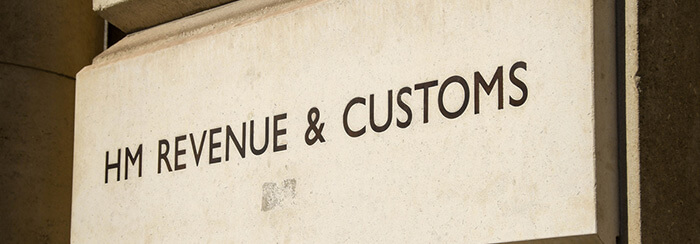
Government launches 95% LTV Help to Build mortgage scheme
The Government has launched a new ‘Help to Build’ low deposit mortgage scheme, supported by £150 million in funding, to help more people build their own homes.
The scheme will enable people to custom build a new home with just a 5% deposit alongside a Government-backed equity loan, similar to the Help to Buy scheme.
It will ensure that self and custom home building can become a realistic option to get onto the housing ladder through lower deposit mortgages.
As part of the Government’s self-build ‘Action Plan’, it has also announced funding for local authorities to develop public land for custom and self-build housing, alongside a review into how delivery of custom and self-build housing can be increased and accelerated.
Taxation cross-border trade measure
On April 22, the government passed regulations amending the Customs (Northern Ireland) (EU Exit) Regulations 2020 in respect of goods that temporarily move to Northern Ireland from Great Britain.
The measure will affect businesses and other persons that move goods between Northern Ireland and Great Britain and removes the potential for a Customs Duty and VAT charge where certain UK goods return to Great Britain after a temporary period in Northern Ireland. HMRC has published information on the regulations outlining the details of the measure and their impact – read in full.
Correcting Seasonal Worker payroll using Basic PAYE Tools
From April 2021 you will need to include the ‘irregular payment’ indicator on all submissions for any Seasonal Workers on your payroll. This will ensure that any future correction you need to make using a further Year to Date Full Payment Submission is reported correctly.
If you did not use the ‘irregular payment’ indicator on your earlier submission, and need to make a correction, you should answer ‘yes’ to the question ‘Do you wish to submit this correction immediately?’ which can be found on the ‘Add an Employee Payment’ screen, within the ‘Other Details’ section.
Correcting employee National Insurance contributions
From April 2021 if you need to correct an employee or employees National Insurance contributions for 2020 to 2021 and future years which involves a negative amount, but you are unable to refund your employee/employees (for example because they’ve left your employment) you should submit the FPS and then write to HMRC to adjust your charge and refund your employees.
When writing, you will need to inform HMRC of:
- The subject: Overpaid Employee National Insurance Contributions
- Your Employer name, address and PAYE reference number
- The name, date of birth and National Insurance number of the employee/employees concerned
- The tax year of the overpayment
- How much National Insurance was overpaid/needs refunding
- Why the overpayment occurred
- Why you are unable to make the refund
If you need to correct one employee’s National Insurance contributions, please write to HMRC at:
HM Revenue and Customs
National Insurance Contributions and Employer Office
BX9 1AN
If you need to correct more than one employee’s National Insurance contributions, please write to HMRC at:
HM Revenue and Customs
National Insurance Contributions and Employer Office
BX9 1BX
HMRC will contact you when the refund and adjustment have been made and the adjustment will also be reflected on your Business Tax Account.
£500m Film and TV Production Restart Scheme – what is it?
The Film and TV Production Restart Scheme helps film and TV shows struggling to get insurance for Covid-related risks to get back into production.
The Scheme makes direct compensation available to producers that incur costs caused by coronavirus abandonment or delays to eligible pre-existing and new productions.
The funding is available to all productions made by companies where at least half of the production budget is spent in the UK. Shows will receive compensation for costs up to a value of 20% of the production budget, with abandonment covered up to 70% upon agreement with the Government.
At the 2021 Budget, Chancellor Rishi Sunak announced a six month extension of the scheme until December 2021.
The Scheme will be available to any producer (or co-producer) of an Eligible Production that is either:
- An incorporated entity that is resident solely in the UK or an EEA State for tax purposes
- A partnership, provided that all of the profits of the business carried on by the partnership are subject to tax in the UK or one or more EEA States
For further details on the application form and process – click here.
Get in touch
If you are self-employed or run a business and need assistance and advice on how the recent announcements could make a difference to you or your business, feel free to get in touch with the experts at Morgan Reach. Our business growth experts at Morgan Reach will guide you through what support is available for you or your business as well as the latest news that may affect you


